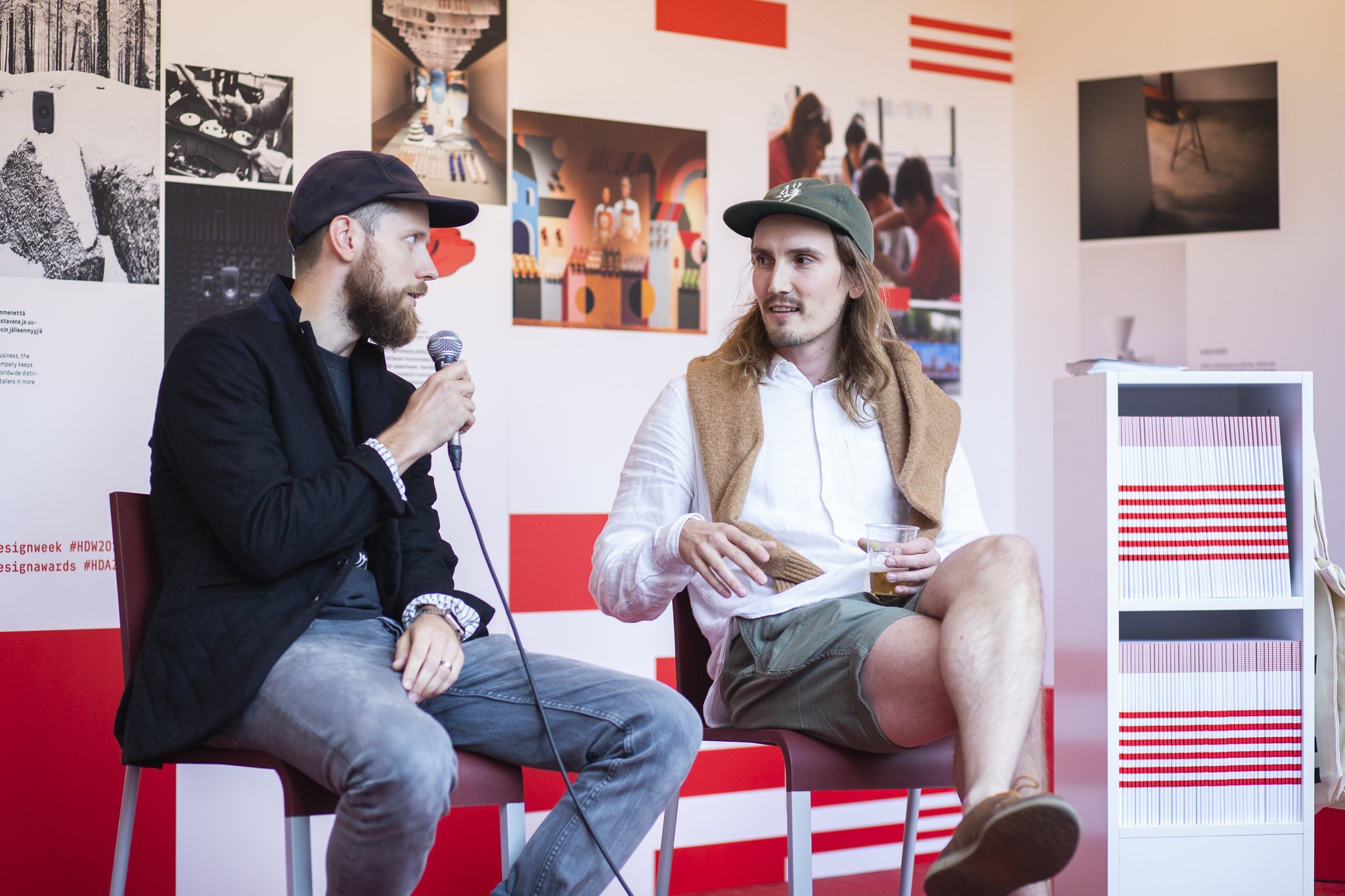Why does Helsinki Design Week matter more than ever this year?

Helsinki Design Week will be arranged responsibly again this year. How can this be done when there are restrictions on events?
Helsinki Design Week will be arranged responsibly again this year. How can this be done when there are restrictions on events?
Helsinki Design Week is a series of exhibitions of varying sizes and other events targeted to a wide range of different audiences. It is not a festival or a fair at one single venue that holds tens of thousands of visitors. Our festival is an opportunity for a design studio to invite its clients to visit or for a designer to launch a new collection. The universities of the industry can present student works in their campus areas, and a company specialized in wood can install an installation in the centre of the city. None of these activities gathers hundreds of people at the same place at the exact same time.

Helsinki Design Week will absolutely be held because it can transform into a digital format If needed. The growing trend in the field of event organizing this spring has been to move online. Our knowledgeable team tested how they managed an online event when we launched Design Market Online at the end of April. The user experiences and customer feedback will be utilized when developing other HDW implementations on the web. Digital events will never replace a real-life rendezvous. There are benefits though: digital events can scale globally and reach more people than a single local event.
Why does it matter that Helsinki Design Week is organized this year despite the restrictions? We have managed to build a very unique platform for collaboration for multiple different stakeholder groups. At our festival, it is possible for city officials and the representatives of universities and cultural institutions to meet and come together with creatives and members of trade and industry. During these last fifteen years at our events, thousands of people and organizations have met, become acquainted with one another and, in the best cases, have begun to collaborate.

The post-pandemic time has already been compared to post-war times. Finland has first-hand experience of this. Reconstruction requires visionary planning. Now the design field has another opportunity to show what it is capable of doing. It remains to be seen whether the 2020s will generate similar success stories from Finnish design as did the 1950s.
This requires the design-intensive industry, cities and other non-profit organizations and businesses to act on their design-friendly speeches – a willingness to be proactive. This time, it is not just the physical products that are being shaped, but services, systems and even society as a whole for the better.
Helsinki Design Week’s platform is again open for encounters again this year.
Kari Korkman is the founder and director of the Helsinki Design Week.